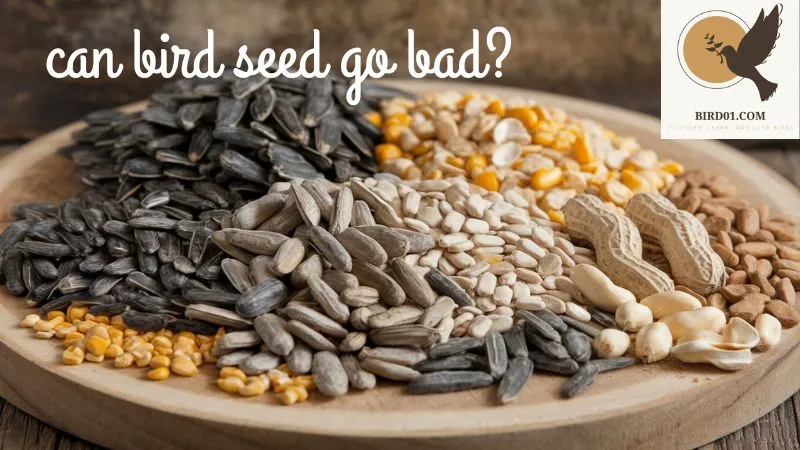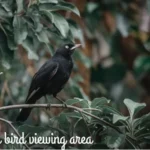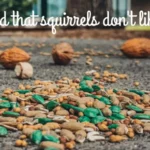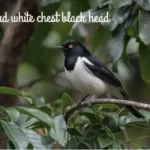Bird Raising Tips
Can Bird Seed Go Bad? Understanding Storage, Shelf Life, and Signs of Spoilage
Bird seed is an essential part of many bird lovers’ routines, providing a source of nourishment for a variety of avian species. However, just like any other food product, bird seed can spoil over time. Understanding how to properly store bird seed, recognizing the signs of spoilage, and knowing how long it typically lasts are crucial for maintaining the health of your feathered friends. This article, brought to you by Bird01.com, delves into the factors that affect the shelf life of bird seed and offers practical advice for bird enthusiasts.
Can Bird Seed Go Bad? The Shelf Life of Bird Seed
Bird seed is composed of various grains, nuts, and fruits, each with its own shelf life. The longevity of bird seed depends on several factors, including the type of seeds, storage conditions, and whether the seed has been opened or remains sealed.
Types of Bird Seed
- Mixed Seed Blends: These often contain a variety of seeds, such as sunflower seeds, millet, and safflower. Generally, mixed seeds have a shelf life of 6 to 12 months when stored properly.
- Sunflower Seeds: High in fat, sunflower seeds can last up to a year when kept in a cool, dry place. However, they may go rancid more quickly due to their oil content.
- Millet: This seed is known for its long shelf life, often remaining good for up to two years if stored correctly.
- Peanuts: Unshelled peanuts can last up to a year, while shelled peanuts may spoil faster, particularly if they are not stored in airtight containers.
- Nyjer (Thistle) Seeds: These seeds can remain viable for up to two years, but once opened, they should be used within six months for the best quality.
Storage Conditions
The way bird seed is stored plays a significant role in its shelf life. Here are some best practices:
- Cool and Dry Environment: Bird seed should be stored in a cool, dry place, away from direct sunlight and moisture. High temperatures and humidity can accelerate spoilage.
- Airtight Containers: Using airtight containers can help protect the seeds from pests and moisture. Glass or plastic containers with tight-fitting lids are ideal.
- Avoid Freezing: While freezing bird seed may extend its shelf life, it can also alter the texture and taste, making it less appealing to birds.
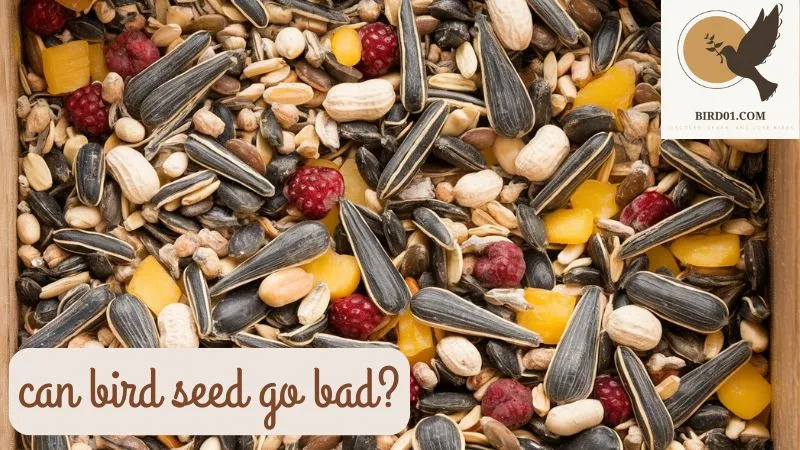
Signs of Spoilage
Even with proper storage, bird seed can go bad. Here are the key signs to watch for:
1. Unpleasant Odor
One of the first indicators that bird seed has spoiled is an unusual or rancid smell. Fresh seeds should have a mild, nutty aroma. If you notice a strong, sour, or musty odor, it’s time to discard the seed.
2. Mold Growth
Mold can develop on bird seed if it has been exposed to moisture. Moldy seeds may appear fuzzy or discolored. If you see any signs of mold, it’s crucial to throw away the affected seeds to prevent health issues for your birds.
3. Discoloration
Fresh bird seed should maintain its vibrant color. If you notice that the seeds have become dull, gray, or darkened, they may be past their prime.
4. Insect Infestation
Insects, such as weevils or moths, can infest bird seed, especially if it has not been stored properly. If you see small holes in the packaging or actual insects, it’s best to discard the seed immediately.
5. Change in Texture
Bird seeds should feel firm and crisp. If you find that the seeds have become soft, mushy, or have developed an unusual texture, they are likely no longer suitable for feeding birds.
Best Practices for Preventing Spoilage
To ensure your bird seed stays fresh for as long as possible, follow these best practices:
1. Buy in Small Quantities
Consider purchasing bird seed in smaller amounts that your birds can consume within a few weeks. This reduces the risk of spoilage and helps maintain seed freshness.
2. Rotate Stock
When buying new bird seed, use the “first in, first out” principle. Always use older seeds before opening newer ones to minimize waste.
3. Clean Feeding Areas Regularly
Regularly clean bird feeders and the surrounding area to prevent the buildup of mold and bacteria. Discard any leftover seeds that may have fallen to the ground.
4. Check for Pests
Before using bird seed, always inspect it for signs of pests. If you notice any insects or larvae, do not use the seed.
Conclusion
In summary, bird seed can indeed go bad, but with proper storage and regular inspection, you can help ensure it remains fresh and safe for your feathered friends. Being aware of the types of seeds you purchase, understanding their shelf life, and recognizing the signs of spoilage will empower you as a responsible bird owner. Always prioritize the health and well-being of your birds by providing them with high-quality, fresh food. For more tips and information on bird care, visit Bird01.com.

